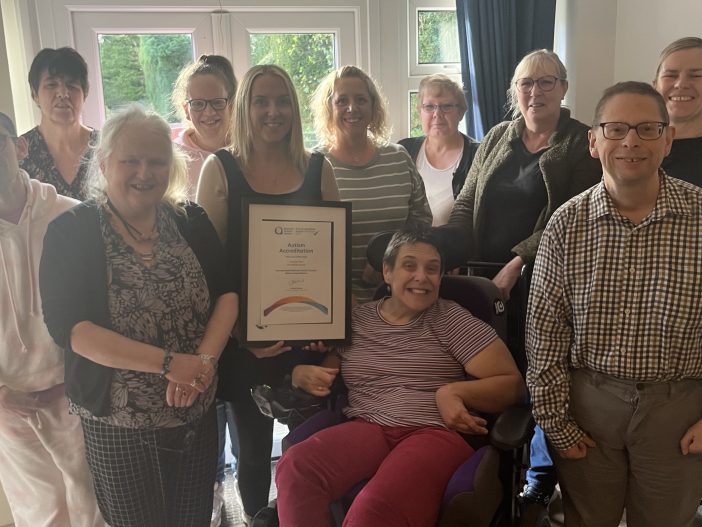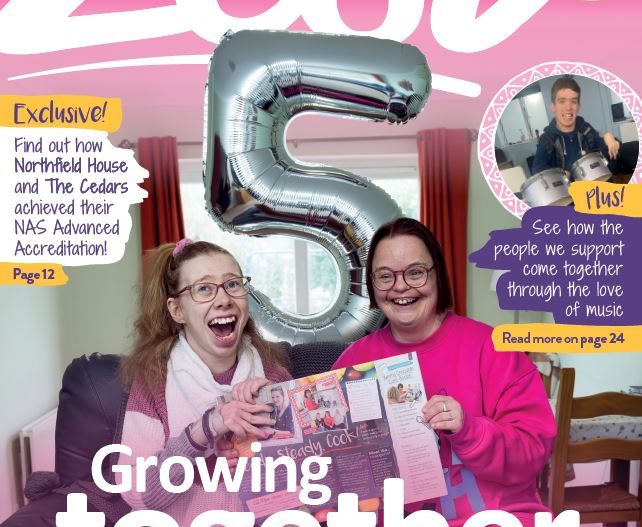Happy meals still on the menu for Jack!
The Coronavirus outbreak is tough for everyone, it’s hard to stay indoors for such long periods of time.
Whilst most people understand why we need to stay inside, autistic people find it very hard to process. For many, it completely shatters their routine and it can be very difficult to adapt.
However, positive steps can be taken to make the situation as pain-free as possible. We spoke to Denise Howe, the service manager at Twyford House, about how people we support have adapted in a positive way!
She told us about Jack’s* Saturday routine and how the changes have been communicated with him.
Jack’s routine
Jack is autistic and is used to going to McDonald’s every Saturday with his mum and her partner – it’s a very important part of his routine. His mum and her partner visit the service and, along with a member of staff, they go to McDonald’s with Jack.
He gets two hamburgers with fries before picking milkshakes and lemons at Tesco. They then go to the seafront, where Jack eats what he has bought.
The current pandemic means that Jack’s routine has been affected. To have a routine taken away from someone like Jack is not easy to accept and can cause great distress.
What did staff & McDonald’s do to help?
Denise told us the staff contacted McDonald’s before they shut to see if they could arrange something for Jack. To their great surprise, McDonald’s offered to provide 20 frozen hamburgers so Jack could still enjoy his burgers each Saturday, along with the fries staff have bought from the supermarket.
This has helped Jack enjoy much of his normal routine, just in a slightly different way.
So, how have the changes been communicated to Jack?
“Jack communicates very effectively with a pictorial communication book that he has with him at all times,” said Denise.
She added: “We have been able to source lots of pictorial aids to support him to understand and have been able to make alternative arrangements for the family, incorporating a short meet at the seafront promoting social distancing. Lots of reassurance is being needed but is working thus far.”
Finding the right way to communicate with an autistic person is very important. For Jack, visual aids help him to understand what is going on and this has been a big part of helping him to manage those changes to his routine.
Helping the local community understand routines for someone like Jack means they can also help make a difference when changes happen.
Want to know more about how visual aids can help communication with autistic people? Read Autism – using visual aids to communicate by Shaji Rajimony, Specialism Implementer.
*This person’s name has been changed for consent reasons.

 Community & fundraising
Community & fundraising 

